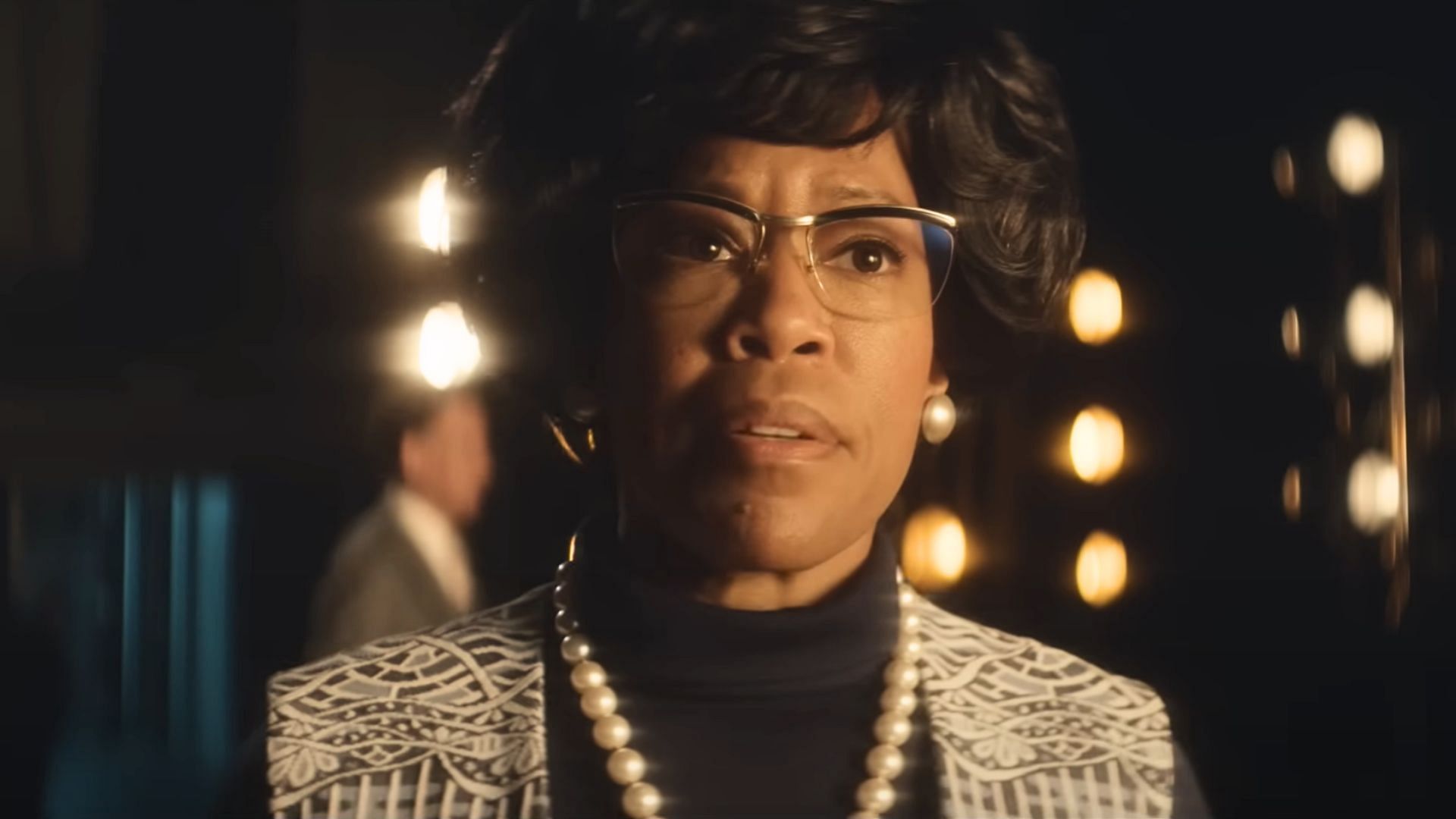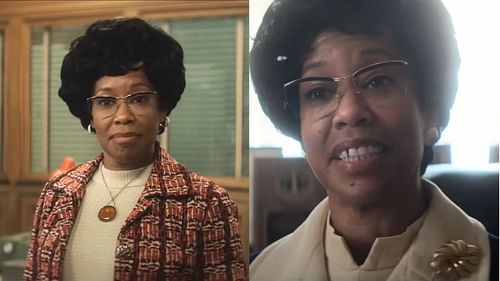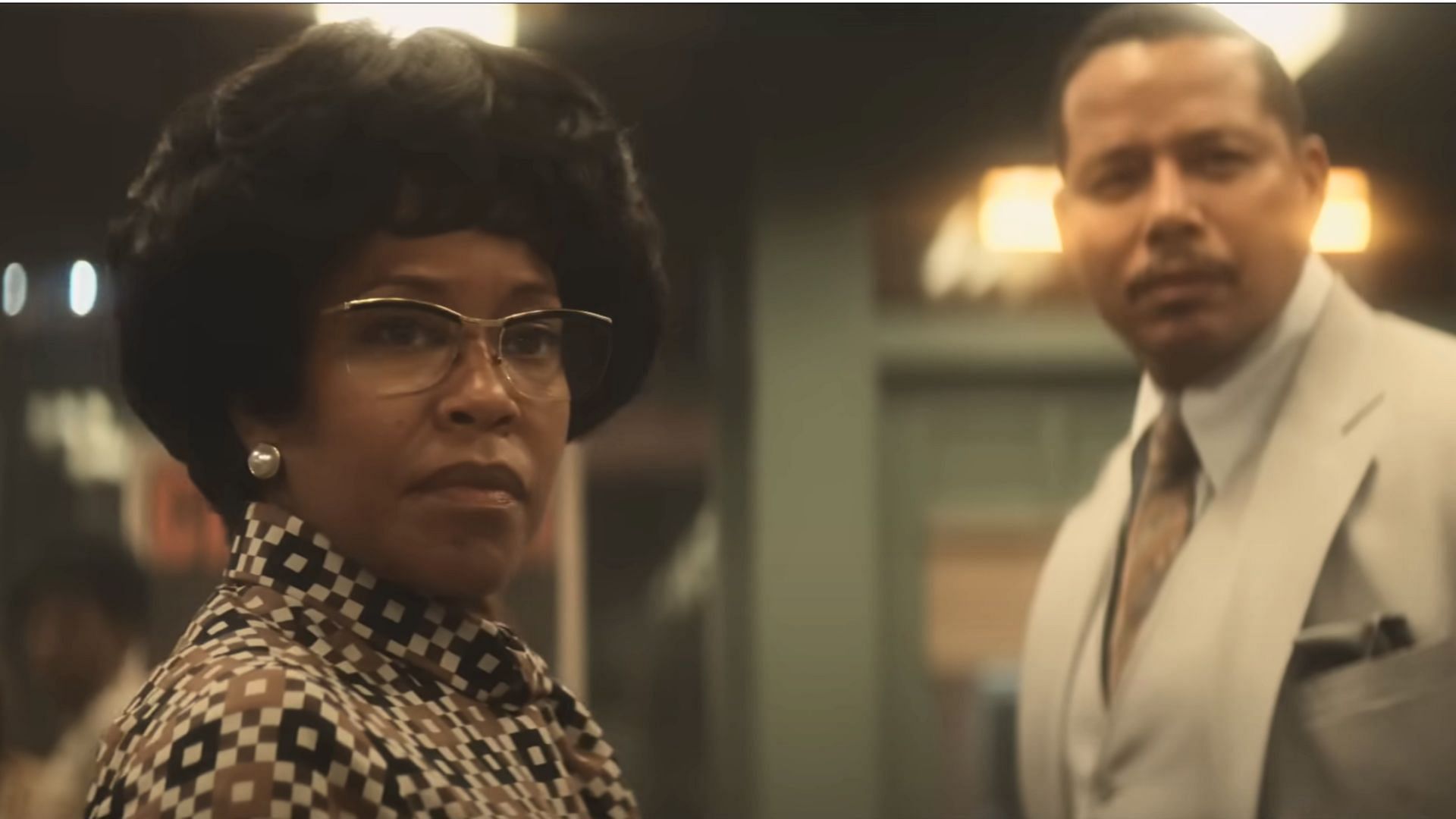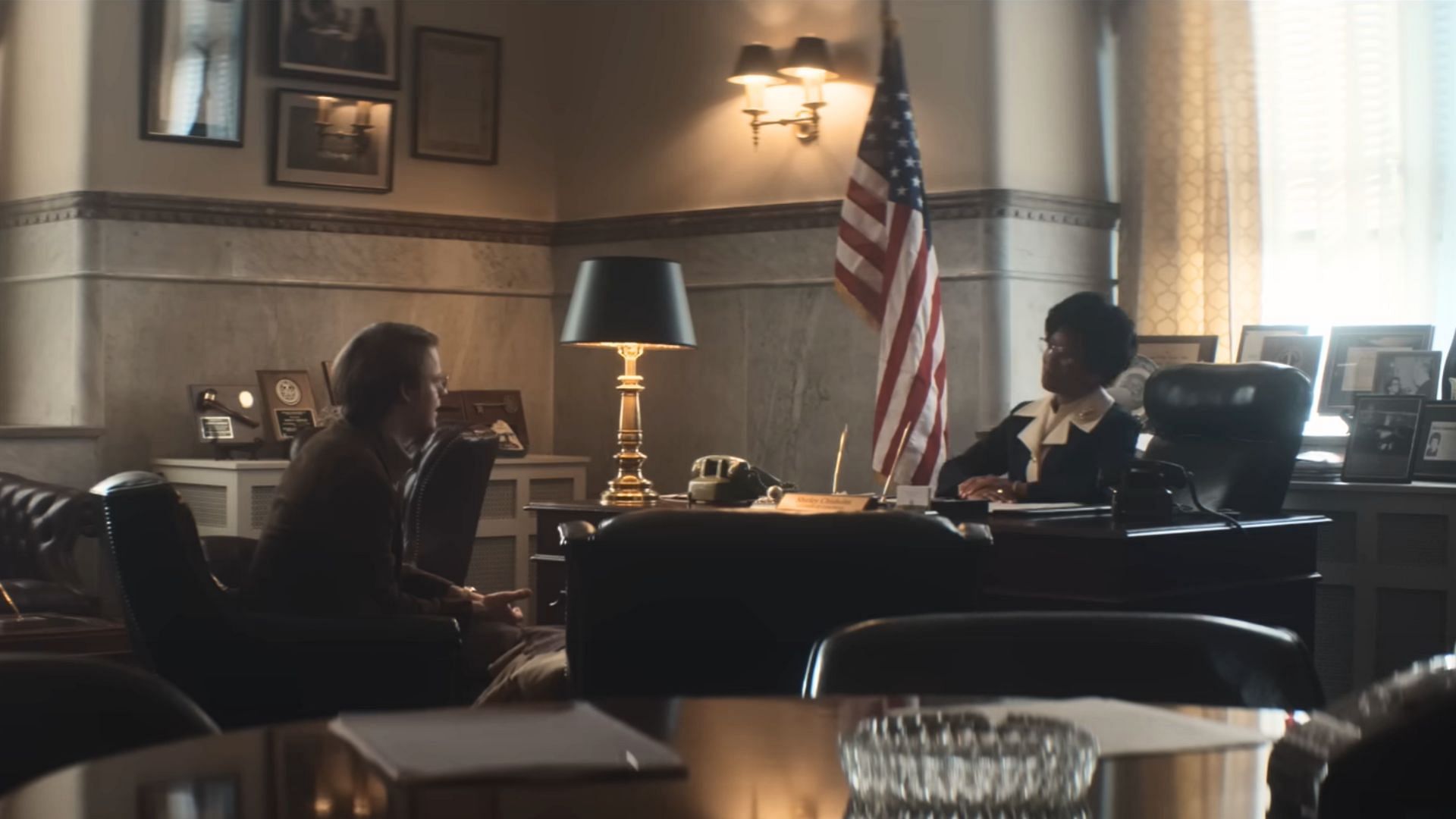
Netflix’s Shirley ending explained: Did the campaigns help Shirley Chisholm win?
The political biopic Shirley arrived on Netflix on March 22, 2024, presenting the most dramatic part of Shirley Chisholm’s life. Chisholm was the first Black Presidential candidate to run for the White House in 1972. A member of the Democratic Party, Chisholm was a pioneer in Black women's representation in the American political scenario. However, as the end of the movie shows, she did not win due to betrayals, despite strong campaigning.
Shirley has Oscar winner Regina King in the titular role, while she is supported by her sister and co-producer Reina King, besides Terence Howard, Lance Reddick, Lucas Hedges, Andre Holland, Brian Stokes Mitchell, Christina Jackson, W. Earl Brown, and Michael Cherrie. The show is written and directed by Academy Award winner John Ridley.
Disclaimer: This article contains major spoilers. Reader’s discretion is advisable.
Shirley ending explained: Why didn’t Chisholm win?

Unfortunately, it was a tough fight for a Black American woman to win the votes of delegates in a Presidential election as far back as 1972. As the Netflix original shows, Shirley Chisholm campaigned with the slogan, “Unbought and Unbossed”, true to her image and what she meant to contribute after her win.
Chisholm received contributions of delegates from some of the candidates who dropped out of the race such as George Wallace, Hubert Humphrey, and Ed Muskie. She had expected Walter Fauntroy’s Black delegates to come to her although she had not pinned hopes on Willie Brown’s delegates.

However, the betrayal of Representative Fauntroy set her back by a considerable number of votes. Both Fauntroy and Willie Brown pledged their delegates to her opponent, George McGovern. She fell short of the 250 delegates she needed to leverage her position on the Democratic Party’s platform.
To top her loss, her colleague and friend Ron Dellums went on television to encourage people to vote for McGovern. Betrayed by her friend, Regina King's Chisholm knew the campaign was over for her.
Shirley ending explained: How many delegates did George McGovern need?

In the 1970s, a Democratic Party candidate needed 1500 delegates. McGovern was the second favorite and despite winning the Massachusetts primary, he was trailing George Wallace. However, an assassination attempt paralyzed Wallace from the waist down and he dropped out of the race and McGovern moved to the top position in the Democratic National Convention.
McGovern won the California primary and got 273 delegates. However, as per changed rules, California delegates were distributed to candidates as per popular votes. As such, McGovern lost some of his delegates while Chisholm gained a few.
Though Chisholm continued to campaign for the Convention, many of the candidates dropped out and handed over their delegates to McGovern, increasing his count. With Willie and Fauntroy’s delegates going to McGovern, he soared much ahead, eventually winning his Democratic nomination.
How did Shirley Chisholm react after Fauntroy’s betrayal?
As mentioned, Shirley Chisholm wanted to win 250 delegates to leverage her position for herself and her interests. This would have meant McGovern could not secure his nomination in the first round. Chisholm, however, would have given him her 250 delegates after negotiating her interests.
However, it was not to be so as Fauntroy gave his delegates to McGovern bringing him out as a primary candidate. With only 5% of the needed share of votes, Chisholm had no foothold to compete with McGovern on the same platform. She took the wise and bold decision to step down from the race and release her delegates.
While she retreated to her room and decided to forgive Ron, she realized how she had changed the history of American politics. When back with her team, she inspired them to believe they would get to the position in the future, even if she couldn’t make it.
The ending of the movie, further, presents side-by-side images of the original Chisholm and other characters with the actors portraying them including US Representative Barbara Lee. The blacked-out screen also gives snippets of information about her including her divorce, remarriage, and her death.
Watch Shirley currently streaming on Netflix.